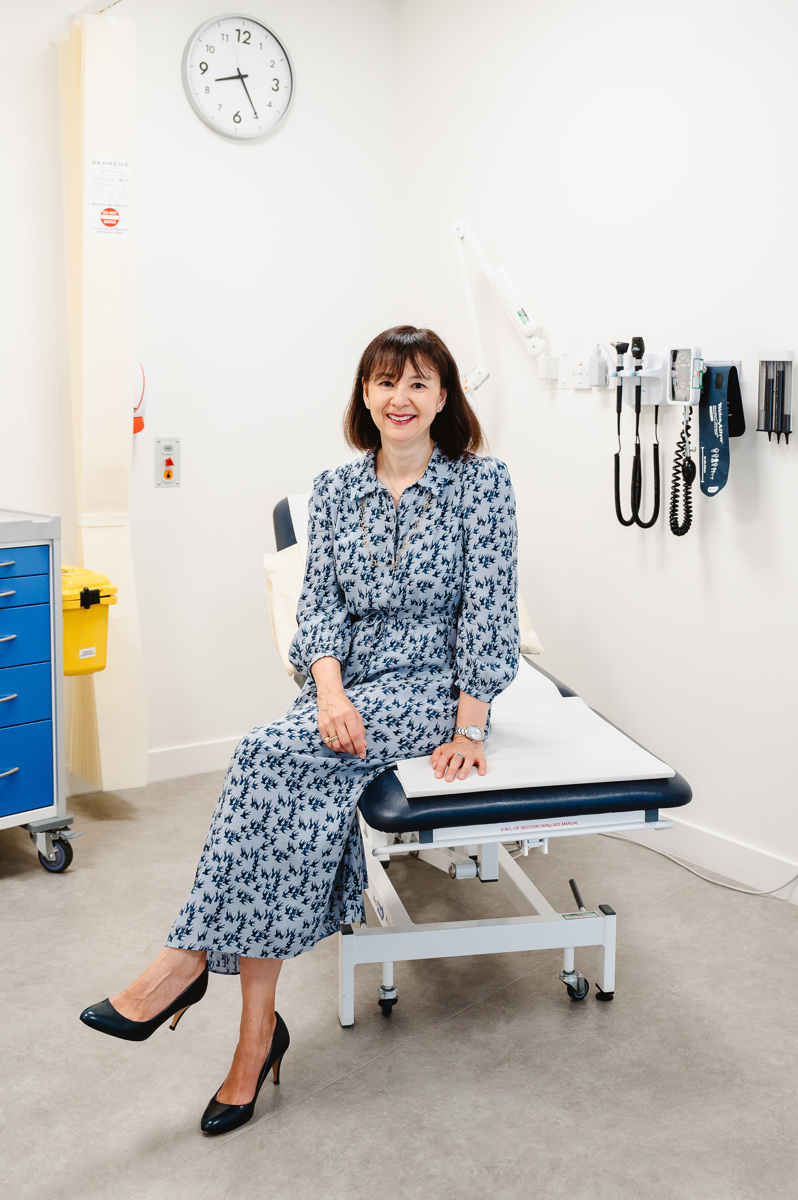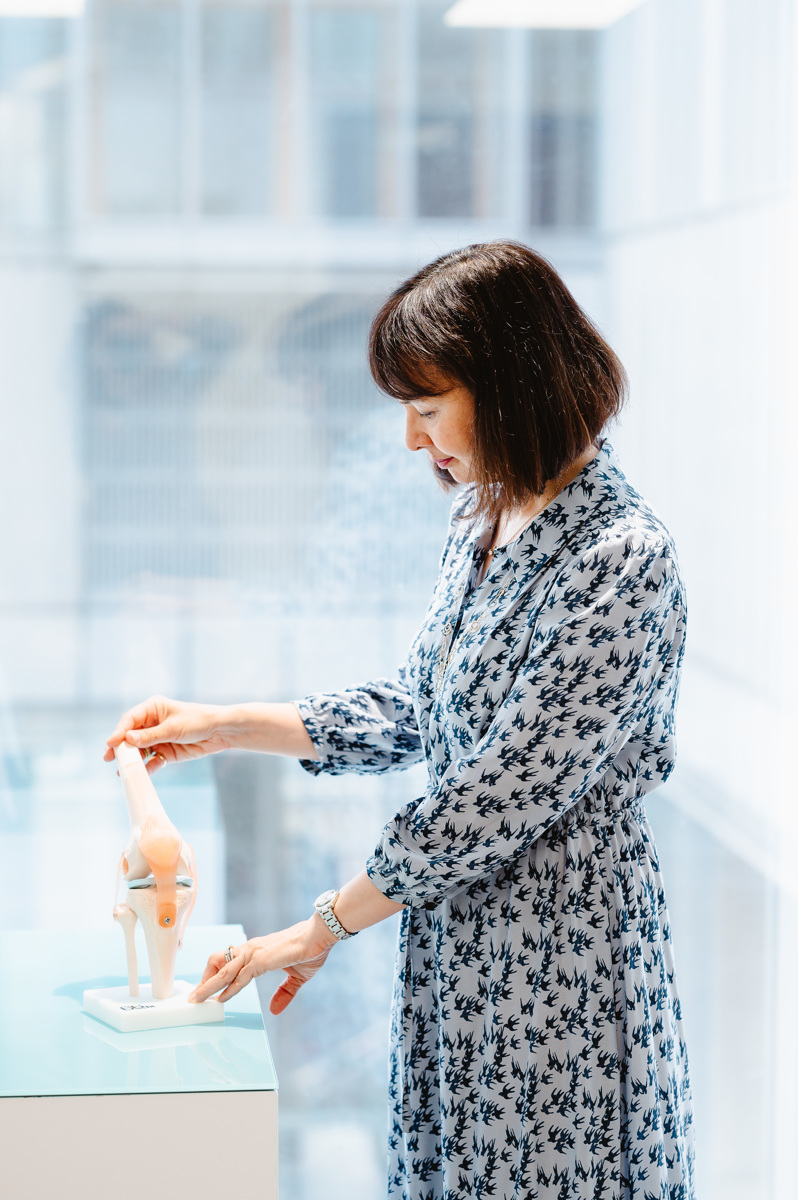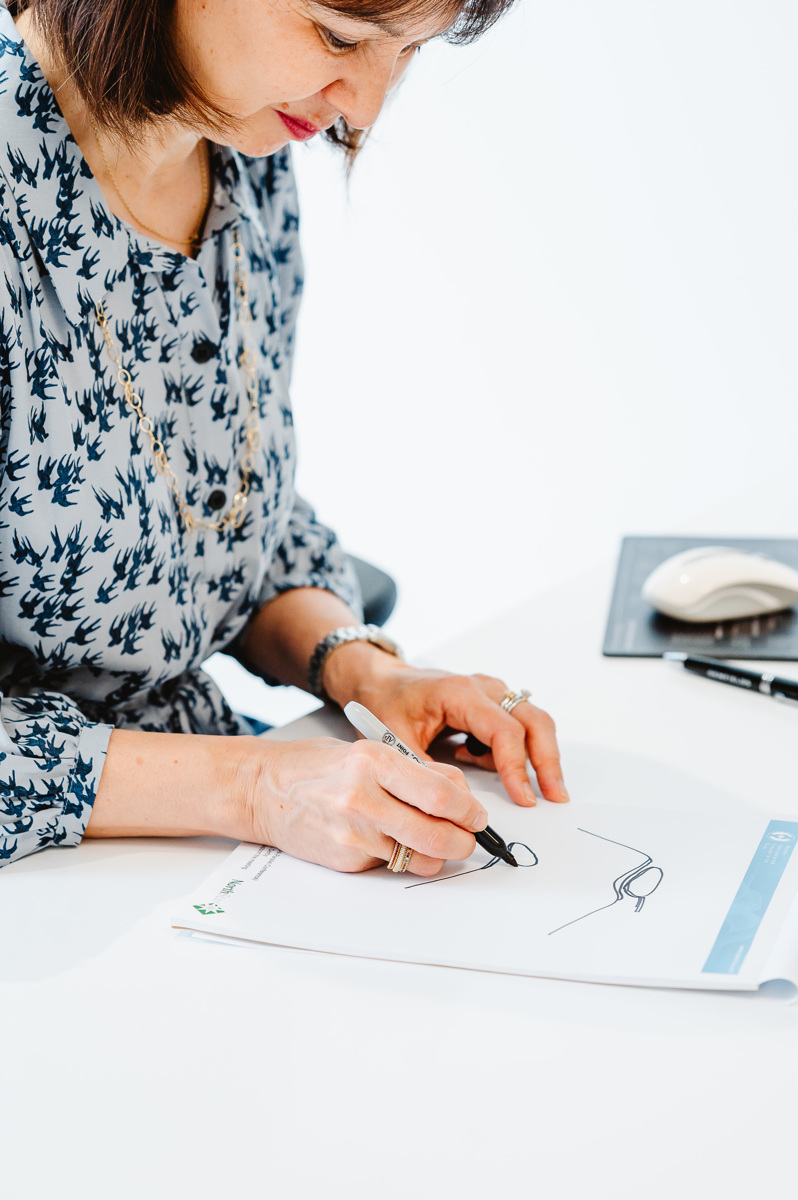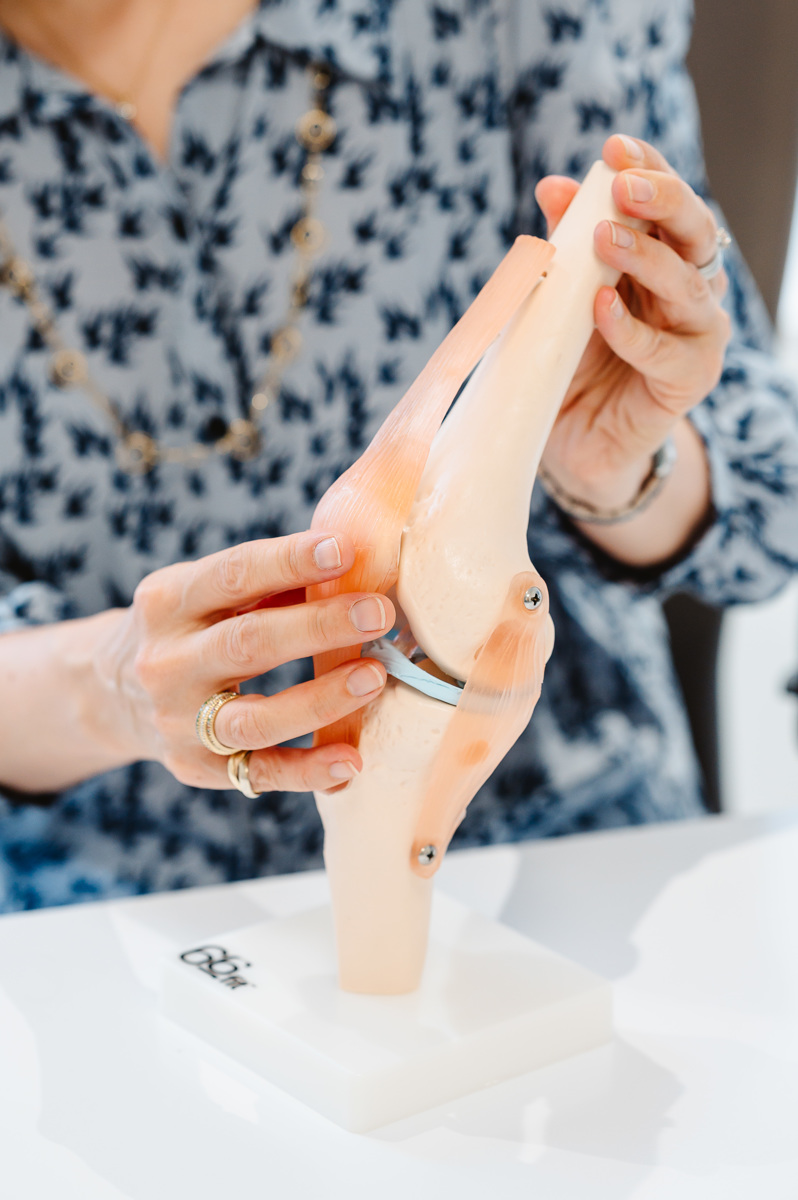
Empowering Your Recovery Journey: Stability and Progress in Focus
Your treatment is the start of a journey to recovery to get stable and get going. To help you on your journey I will work with you, your family, your physiotherapist or personal trainer to ensure that your progress is going according to plan. I believe in listening and helping you understand what your diagnosis and treatment is going to involve so we can get you stable and get going.
How do I get help?
You can book an appointment directly with me or ask your GP or surgeon to refer you. Sometimes colleagues will ask me to see you for a second opinion.
Where is your clinic?
If you are an adult, I will see you in my clinic at The Shard, London Bridge. For children under 18 years of age I have a specialist paediatric clinic in The Portland Hospital for kneecap disorders.
What do I need to bring with me?
If you have had some investigations done already such as X-rays, CT scans or MRI scans, ask my team to organise transfer of the images over to us so they are ready for your appointment.
What happens when I come to the clinic?
I will ask you about your knees to try and understand how your knee is affecting your life and your activities. I’ll ask you about what you would like to be able to do, about your life, sports and your job.
I will examine your knee, so wear clothes you can roll up above your knees and bring someone with you or ask for a chaperone if you find this embarrassing.
What further tests might I need?
I will organise some radiological investigations which may include an X-ray or MRI so please tell me if you are pregnant or if you are allergic to anything.
How do you decide on a treatment plan?
I will explain the findings of the examination and tests to you so you can understand why your kneecap is unstable or painful. We will then decide together on a treatment plan and you will then start your journey to recovery.
Sometimes it is a lot of new information to take in so I summarise our discussion in a letter to you. If you have any questions after the appointment I can answer them for you.


What if I’m not sure what I want to do?
You can ask for ‘thinking time’ to consider your treatment options and discuss them with your family. It might be that you want to delay treatment until after school exams or plan for the holidays to give yourself time to recover before going back to school, university or a job.
You might want a second opinion to be sure and I can suggest a colleague to see if you would like to do that. Often with complex cases I will discuss with colleagues in the British Patellofemoral Society as it is safer to make sure that the treatment plan is right for you.
What happens next?
Not all kneecap problems need surgery. I might suggest a course of physiotherapy, fit a brace or injections to help you. I work with a team of physiotherapists and radiologists to ensure your treatment journey suits you and your busy lifestyle.
What if I need surgery?
If you need surgery we would plan a time that is right for you. I will explain what the surgery involves and what the benefits and possible complications are. You can also refer to information on my website about your condition and surgical options.
Before surgery you can improve your fitness by eating healthily and giving up smoking. You may also be seen in the pre-admission clinic for blood tests and to ensure you are fit and ready for surgery.
What’s the difference between health insurance and self-funding?
If you have a health insurance policy, we will give you the procedure codes to ask the insurance company for pre-authorisation. If you are self-funding we will help you liaise with the London Bridge or Portland Hospital to get an idea of the costs of the treatment package.
What do I need to prepare on the day of admission?
We will contact you before your surgery explaining where you need to go (London Bridge Hospital or the Portland Hospital) and what time you need to come in. You will also be told when to stop eating and drinking. Usually you stop eating about 6 hours before your surgery and you can have water until 2 hours before your surgery. We will also give you an idea as to how long you will be in hospital and how much time you need to take off work and sports so you can start to plan your life around your recovery.
Should I still take my medicines?
Continue to take your medicines unless you have been told to stop taking them when I see you in clinic. For women on the contraceptive pill we will discuss with you before the surgery whether you should stop taking the pill and use alternative forms of contraception.


Will I need to have stitches removed?
I like to use dissolvable stitches so you don’t have to have stitches taken out. I take pride in neatly closing a wound to ensure you have as neat a scar as possible. We usually organise a wound check two weeks after your surgery to make sure the wound has healed up and also to check on your progress. For the first two weeks after surgery you need to keep the wound dry and protected to help with healing.
How often do you see me for follow up after surgery?
Your recovery is a journey and it is important for us to check in and make sure you are progressing with treatment. We can choose to do this either face to face for the first few appointments or virtually if you are working or your child is at school to minimise the disruption to your life as much as possible.
I’m really anxious about my knee and treatment
It is normal to worry about your knee or the treatment, it is a natural reaction to a stressful event. Sometimes if you are very anxious and it is affecting your recovery I might recommend you see a psychologist or try some relaxation apps to help you with your recovery.












